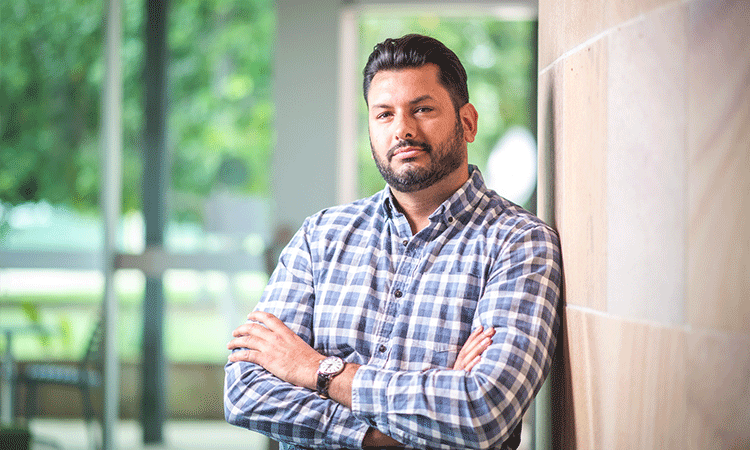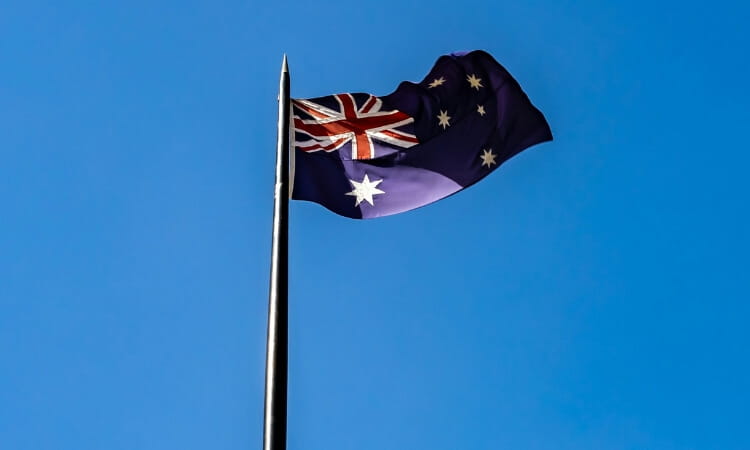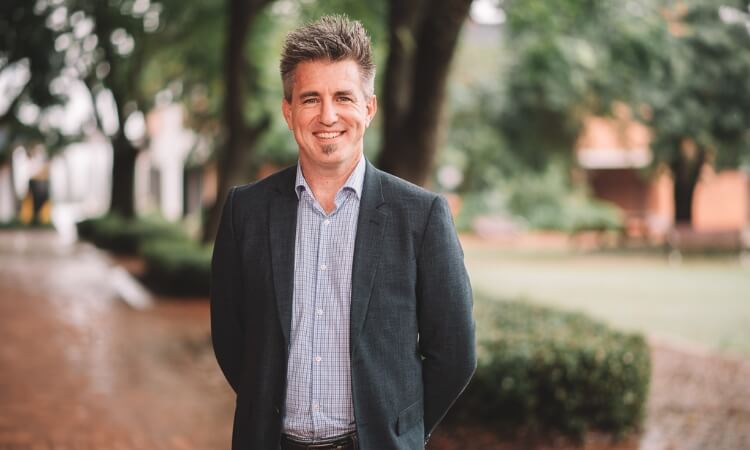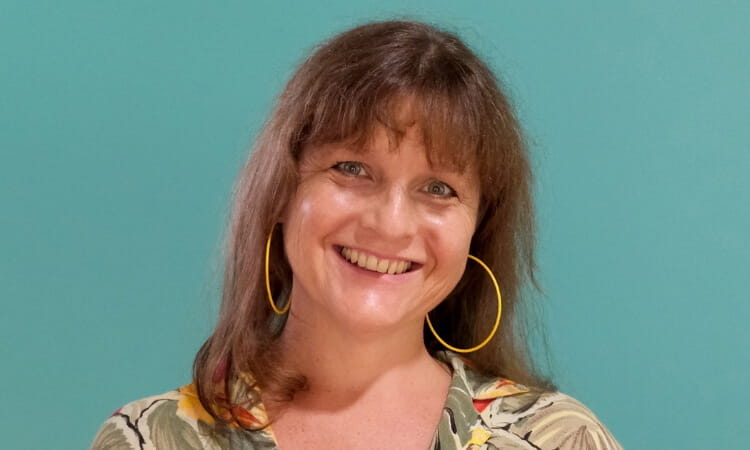With one third of our lives spent sleeping, it’s no wonder University of Southern Queensland lecturer Daniel Joyce is looking to help us get a better night’s rest.
Dr Joyce has recently joined the University’s School of Psychology and Wellbeing, after six years in the US, working as a researcher for Stanford University and the University of Nevada.
Having started out as a psychologist with a background in visual science, Dr Joyce began investigating the effect of pulsed light on circadian rhythms, an internal process which regulates our sleep patterns, while at Stanford.
"In modern society, we have a lot of pressures on us, which can infringe on our quality of sleep,” Dr Joyce said.
“Anything we can do to defend against these pressures is important – and one of these is stabilising the circadian rhythm.
“While we use light to see, it also plays a critical role in regulating how we feel. It sets our sleep rhythms and our bodies’ physiology, priming us to be alert during the day and restful at night.
“We focused on micro flashes of light, milliseconds in duration, and tried to work out the intensities and time frames needed to maximise the effects on circadian rhythms.”
Dr Joyce and his colleagues found short pulsed light can be as effective as long duration bright light in regulating circadian rhythms.
“Ultimately, the aim is to be able to give you this light at night when you are asleep, through your closed eyelids,” Dr Joyce said.
“It won’t wake you up but will help to shift your circadian rhythms around, which is helpful for people suffering from jetlag.
“There are also other groups that this could benefit – including those with circadian illnesses, who wake up very early in the morning or can’t sleep until 5am and are tired during the day.”
Dr Joyce is now planning to delve further into light sensitive brain pathways in his new role at UniSQ.
“My general interest is in light and its impact on behaviour,” Dr Joyce said.
“Colour vision deficiency is quite prevalent in our society, with the red-green colour deficiency the most common.
“I have done some modelling with white light, and if you pick the correct wavelength that the light is made of, you can theoretically expand the perception of red and green for those people suffering from colour deficiencies.
“Going forward, this is what I am looking to investigate. I’m hoping to recapitulate some of the colour perceptions that these people don’t have and see if we can extend these effects to last for hours, days, or even weeks.”
Do you want to make a positive difference in the lives of others? Are you interested in human behaviour? To empower people to find their own solutions? Find out more about the School of Psychology and Wellbeing.



